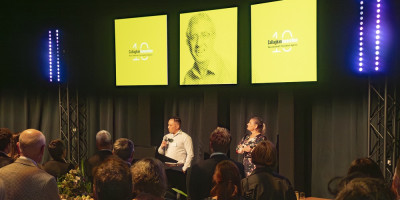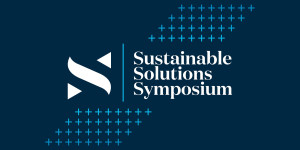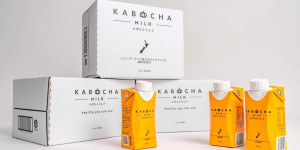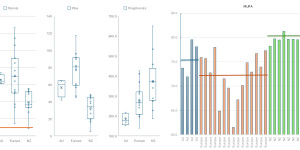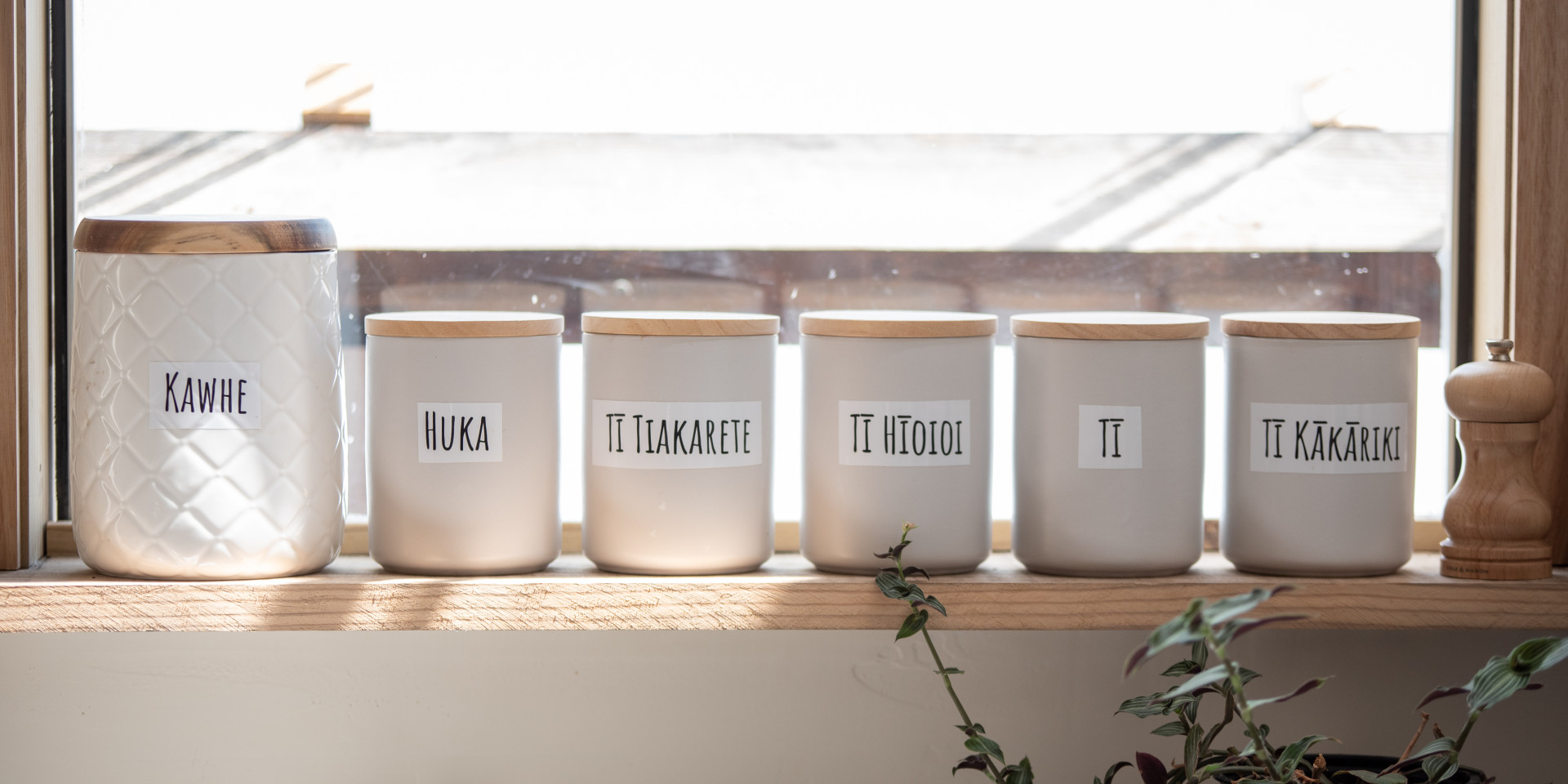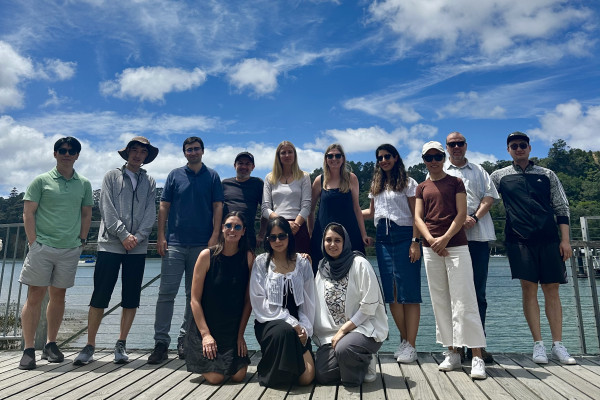Callaghan Innovation is proud to sponsor once again the NZ Hi-Tech Kamupene Māori o te Tau – Māori Company of the Year award.
Understanding whakapapa can be a personal and challenging journey for many Māori and iwi. So, can technology be used to help uncover identities?
That is what Jeremy Banks and his wife Melissa looked to find out with their Nelson-based software company, Plink Software that uses technology to connect Māori to their identity through language and whakapapa.
With over 20 years of experience in the software industry under Banks' belt, the husband-and-wife duo founded Plink Software in 2015 when they recognised the opportunity to utilise technology to improve the lives of Māori through their connection to identity.
“Technology can play a huge role in finding your identity, and part of why we started Plink and had this vision was to ensure our daughter's relationship with their identity was different to mine when I was growing up,”
Banks (Ngāti Rārua, Ngāti Kuia, Rangitāne ki Wairau) grew up disconnected from his Māori identity and te reo Māori. Like many Māori, Banks embarked on his own whakapapa journey to reconnect with his Māori heritage by learning te reo and engaging with his iwi. Nowadays, he’s involved in a variety of governance roles for Wakatū Incorporation and Ngāti Rārua Ātiawa Iwi Trust.
This journey came about when he and Melissa had their three daughters and wanted to raise them speaking te reo.
"We noticed there wasn't much tech out there for learning languages, especially te reo, and we thought it could play a cool role in getting more people teaching and learning it, so we threw in the towel on our day jobs and spent a year cranking out a Māori language app, Tipu," says Banks.
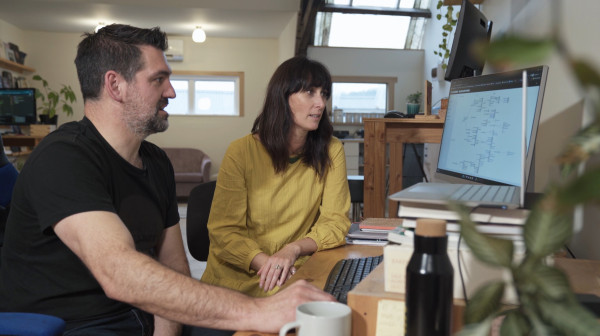
Tech with Tikanga
Learning te reo and whakapapa can have many complex considerations for Māori, such as aspects of tapu and noa (the relationship between sacred and profane). Therefore, it was important for Banks to bring a kaupapa Māori approach to Plink’s products with tikanga at the fore, so Māori users feel safe. "Tikanga can't just be left at the door," says Banks.
With Tipu, a free educational mobile app that helps people of all ages learn te reo, they wanted to create something that has a personalised approach for each user's learning. Plink’s innovative approach saw Tipu win awards and capture the attention of teachers across Aotearoa.
"After Tipu's success, we had a lot of teachers get in touch wanting it available for use in schools as a licensed teaching tool, and we were excited to have the app evolve into a fully-fledged learning resource," says Banks.
Plink's other main product is its Software-as-a-Service (SaaS) product, Te Ao Hunga, which allows iwi organisations to manage membership information, including their whakapapa.
"Although there are platforms out there like Te Ao Hunga, there wasn't one specifically for Māori, and since many iwi are uncertain about digitising whakapapa, it was important to us to do it the right way. We needed to create a tool they could see themselves in, that would tick all of their boxes," says Banks.
For years whakapapa has been on paper or excel spreadsheets with many inefficiencies restricting people from having and sharing this knowledge.
"Tech enables you to do things more efficiently, and because whakapapa is often interconnected, we had to consider that when designing the software," says Banks. "Sometimes you’re tracking whakapapa for multiple iwi for example, which takes time. But with Te Ao Hunga, you can easily connect whakapapa."
A goal for Te Ao Hunga is to give Māori, no matter where they are, the ability to have access to their whakapapa. "It's about using tech to connect the disconnected. Many Māori today don't grow up surrounded by their iwi, so when they are ready to go on their identity journey, Te Ao Hunga will be there to help.”
"An exciting thing about Te Ao Hunga for us is that this information was previously only collected for purposes such as court hearings for Waitangi tribunals, but now we're gathering it for our own reasons and on our own terms. This tech can help to decolonise whakapapa," says Banks.
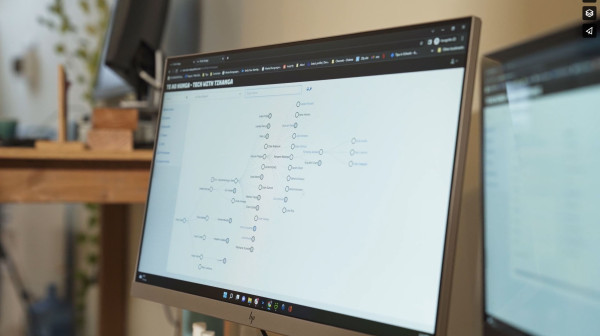
Where to next?
Currently, Plink has six iwi using Te Ao Hunga from Ngāti Rangi in Ohakune to a range of iwi at the top of the South Island. "We hope that as the word gets out there about the benefits of the software, we will have more iwi open to digitising their whakapapa and working with us to ensure none of their history is lost," says Banks.
As a company with positive social and commercial benefits, Plink also aspires to be a role model for other Māori businesses. "For us hiring Māori is important. It's great to connect people, to go "here is someone that has whakapapa to you and the tools to work with you"," says Banks.
“We want to role model what this can look like. It's as if we are taking on the role of being a tuakana (elder sibling).”
Being in the tech industry means opportunities are constantly arising for Plink. Their future projects will depend on what people need and what new tech is out there.
"The coolest stuff we're going to do doesn't exist yet. That's the most exciting part about our industry – as it grows, we'll grow too," says Banks.




